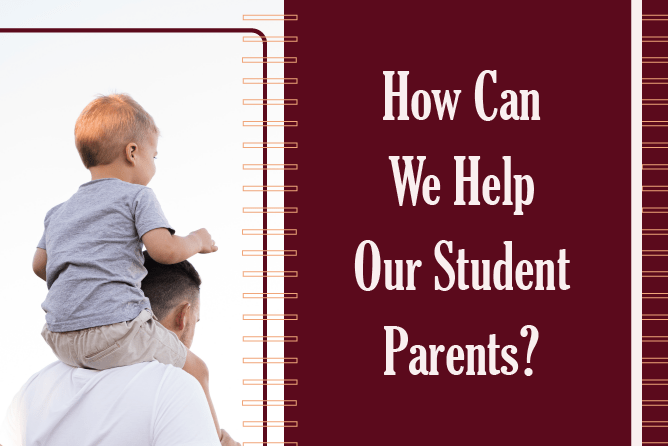Tag: Social Justice
-
Event Follow-Up: “Language Inclusivity at UWGB”
What language practices do your students bring to our UWGB community? How do you value and sustain those language practices in your classrooms and other interactions with students? This follow-up to the “Language Inclusivity at UWGB” workshop led by Dr. Cory Mathieu, 2022-23 EDI Consultant, on April 14, 2023, includes the session recording, a reflection,…
-
Event Follow-Up: Planning for Our Pedagogical Futures
Here is the recording of the presentation and discussion with Christin DePouw “Planning for Our Pedagogical Futures” from Thursday, Apr. 21, 2022. We’ve provided the video as a PlayPosit bulb so that you can engage with questions from the workshop facilitator.
-
Event Follow-Up: Culturally Sustaining/Responsive Pedagogy in the “After” of the Pandemic
Here is the recording of the presentation and discussion with Christin DePouw “Culturally Sustaining/Responsive Pedagogy” from Thursday, Mar. 31, 2022. We’ve provided the video as a PlayPosit bulb so that you can engage with questions from the workshop facilitator.
-

Event Follow-Up: Student Parent Advocacy Workshop
How can we help our student parents? This follow up to the March 24 “Student Parent Advocacy Workshop” reviews some of the recommendations brought forth by state and national organizations, as well as some tangible ideas for our own campuses that were discussed at the workshop.
-
Resources on Dual Domain Pedagogy and Growth Mindset
Recently Dr. Angela Bauer, former UWGB instructor and current Vice President of Academic Affairs at High Point University, visited our institution and presented her research regarding the equity gaps in introductory science courses. We invite you to engage with the readings and videos in this post learn more about dual domain pedagogy (both cognitive & affective)…

